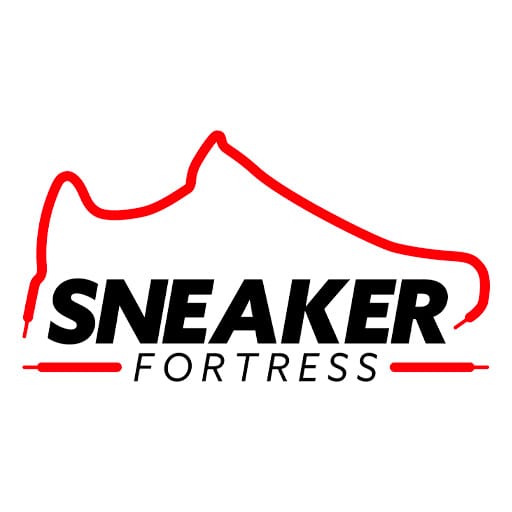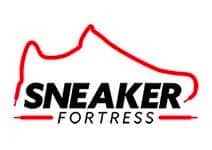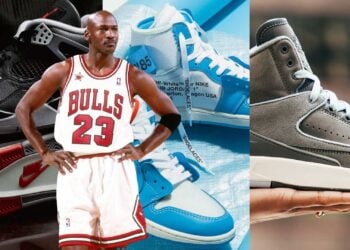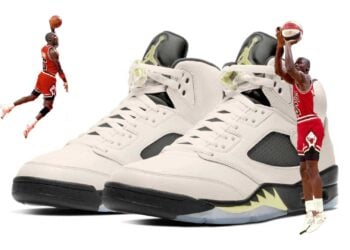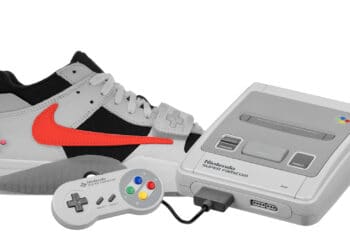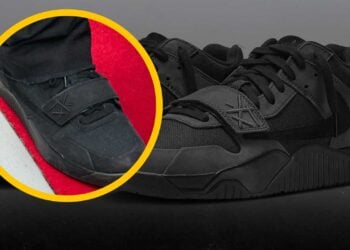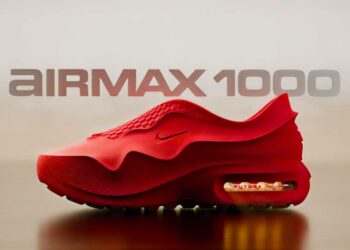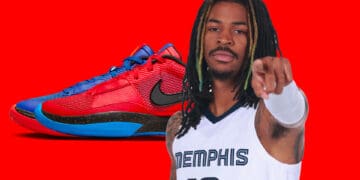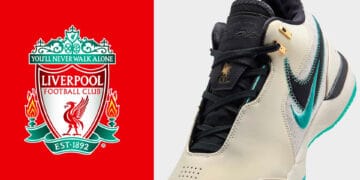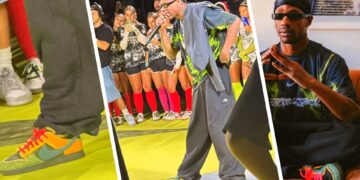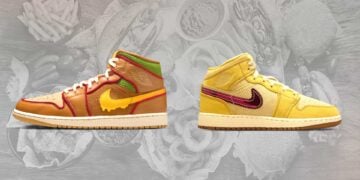When it comes to sneakers, originality is king—or at least, that’s what Nike and Adidas would have you believe. But then along comes Skechers, quietly raking in billions with shoes that, well… look kinda familiar. Let’s not beat around the bush—Skechers has made a name (and a fortune) by allegedly borrowing the best parts of their competitors’ designs and slapping their own logo on top. And guess what? It’s working really well.
It Looks Like a Nike… Because It Kinda Is A Nike
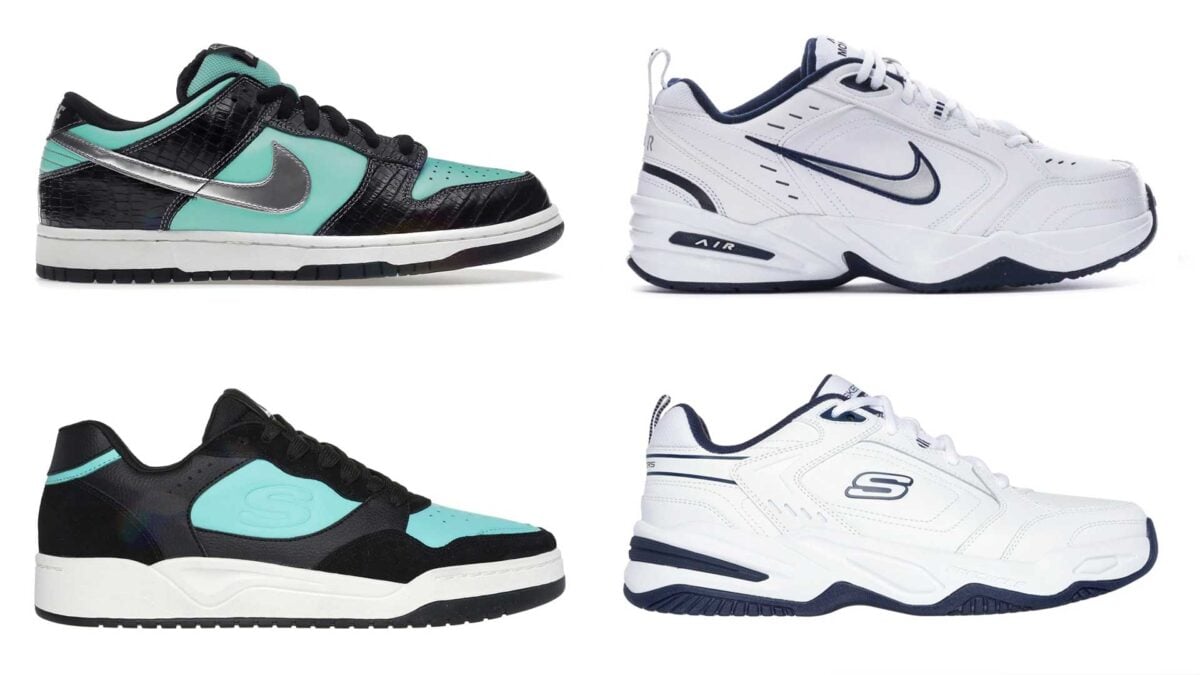
Take a casual stroll through your local department store. That Skechers sneaker over there? Look again. Is that a Nike Air Max 90 or a Snoop Dogg x Skechers Uno? The resemblance is uncanny. At a glance, it’s like playing “Spot the Difference,” but with billion-dollar stakes.
And this isn’t a one-off coincidence. It’s a pattern.
250 Million Pairs a Year? Skechers’ Business Is Booming
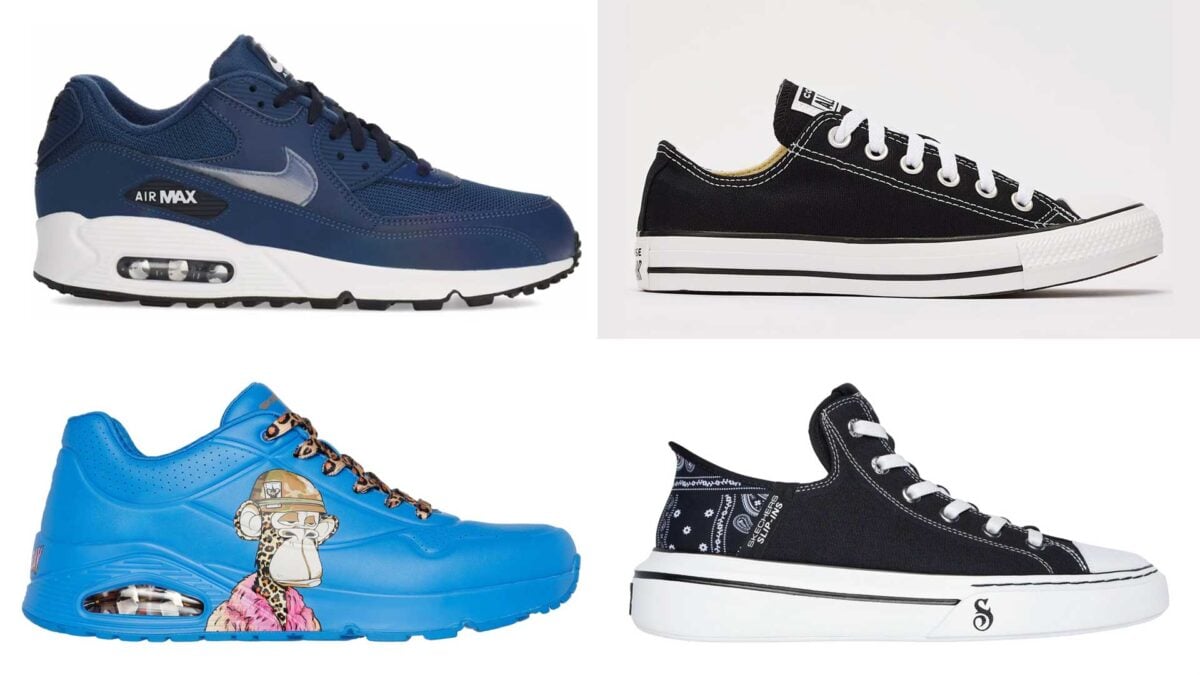
Skechers sells over 250 million pairs of shoes every year. That’s not just big—it’s industry titan big. They’re the third-largest athletic footwear brand in the U.S., right behind Nike and Adidas. You don’t get to that level by just riding trends—you have to hustle. And Skechers’ hustle? Making affordable, lookalike versions of sneakers that already have a proven market – like the Air Max, Nike Dunk, Air Monarch 4, or even the On Cloud 5.
But with that strategy comes lawsuits. Lots of them. They’ve been sued by Nike and Adidas—sometimes they settle, sometimes they win, sometimes they lose. But every time, Skechers’ revenue just keeps marching upward like a dad in white sneakers on a Sunday walk.
Déjà Shoe: The LA Gear Connection
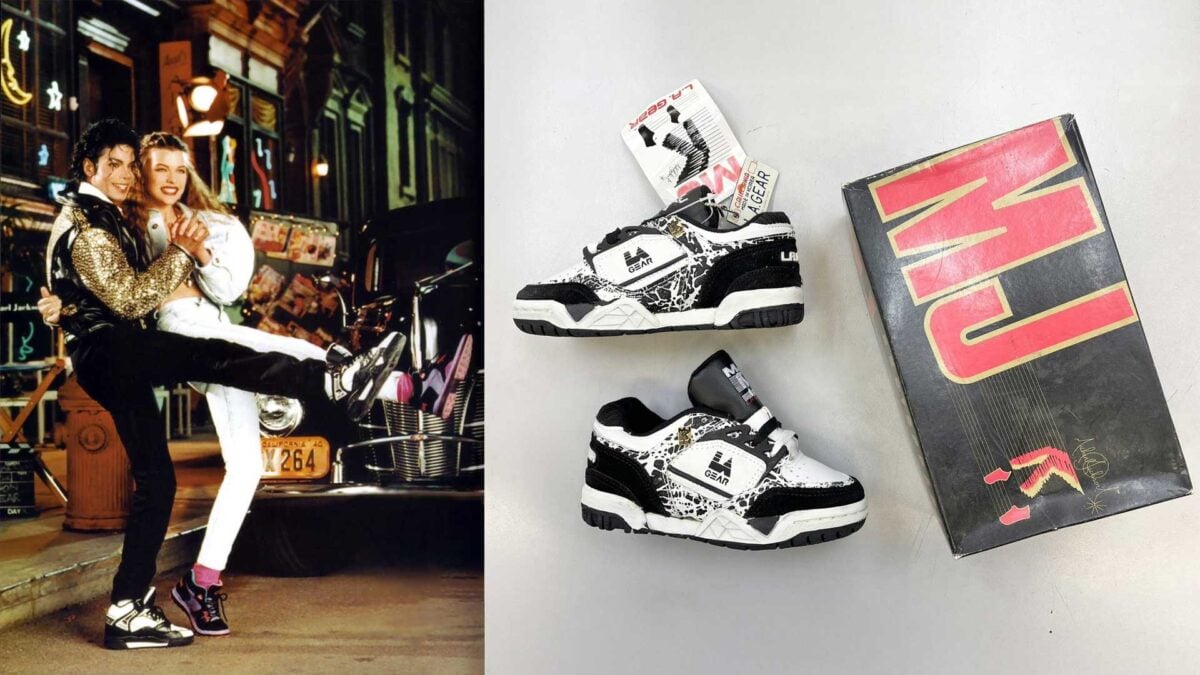
Here’s a plot twist worthy of a Netflix docuseries: Skechers was founded by the same guy who started LA Gear—Robert Greenberg. If that name rings a bell, it’s because LA Gear was the ‘90s sneaker brand that gave us light-up shoes, and briefly tried to dethrone Nike using the exact same “inspired by” business model.
Greenberg had a knack for spotting trends. When Reebok launched the Freestyle during the aerobics boom, LA Gear dropped their own version. When Nike started dominating with performance gear, LA Gear went fashion-forward and locked in celebrity endorsements—Paula Abdul, Karl Malone, Wayne Gretzky, and even Michael Jackson.
But copying too closely came with consequences. LA Gear’s Catapult looked suspiciously like an Air Jordan 3. Nike wasn’t having it. Legal battles followed. Reebok sued over a Pump clone. The brand crumbled under the weight of litigation and bad decisions—like giving $20 million to MJ (the other MJ, Michael Jackson) for a shoe deal that fizzled faster than a viral TikTok trend.
Skechers Is LA Gear 2.0
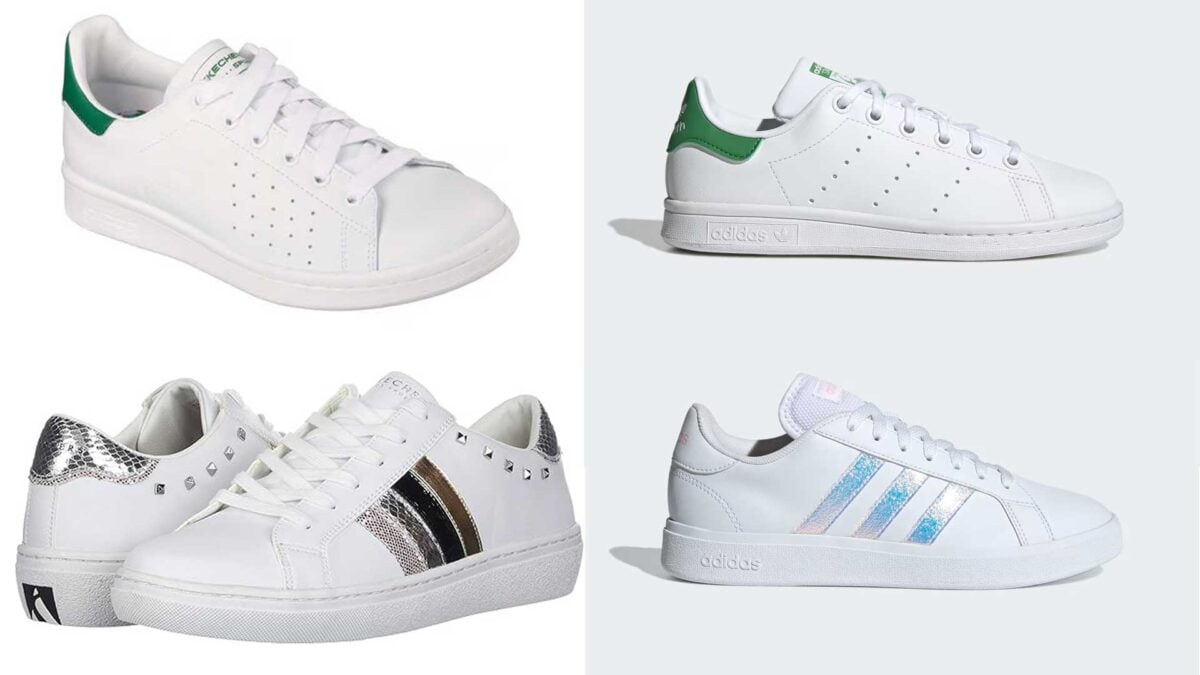
After LA Gear’s fall, Greenberg hit the reset button and launched Skechers in 1992. And if you’re paying attention, you’ll notice the strategy didn’t change much. Skechers is basically LA Gear 2.0.
Skechers continues to lean hard into “inspiration,” often releasing sneakers that look like they fell out of a Nike or Adidas catalogue. They even pulled a fast one with the Skechers Uno x Snoop Dogg line—complete with a design that suspiciously mimics the Nike Air Max silhouette… just, you know, with less Max and more Meh.
Still, the Uno sells. And that’s the wild part. While sneakerheads might clown them, millions of everyday consumers are scooping up Skechers without batting an eye.
Most Consumers Don’t Care
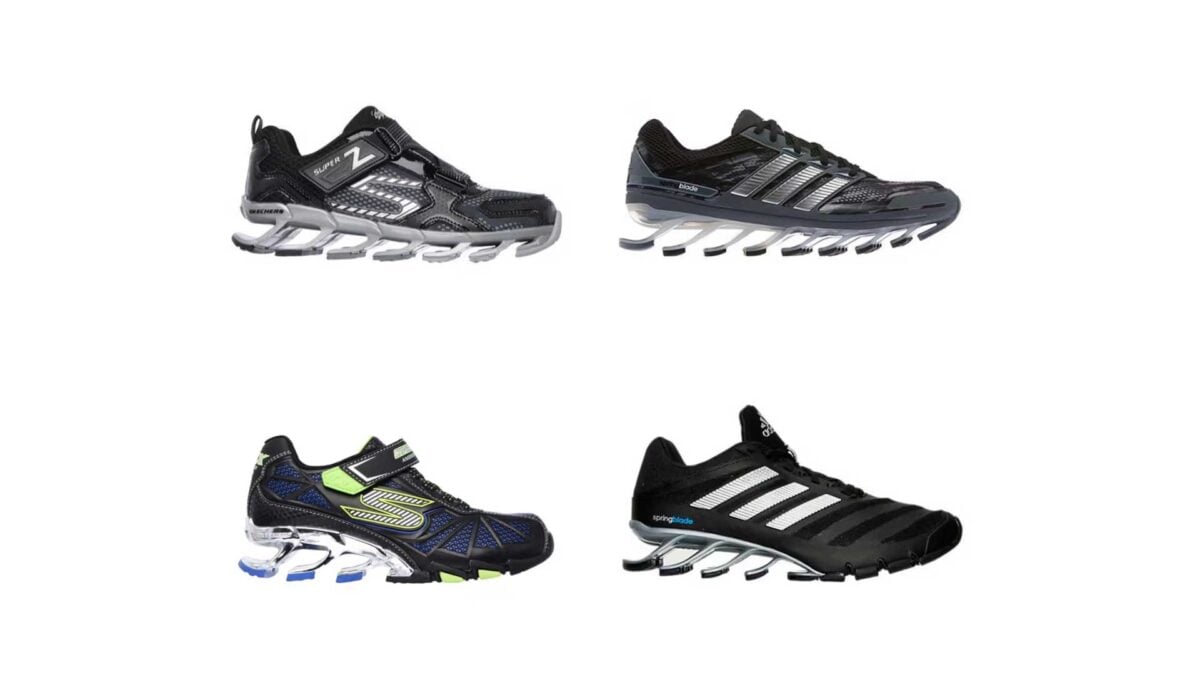
Here’s the secret sauce: Most consumers just want a comfortable, good-looking sneaker at an affordable price. And Skechers delivers exactly that. No hype. No raffles. No bots. Just grab-and-go footwear that looks kinda like the expensive stuff.
Add celebrity co-signs from the likes of Snoop Dogg and Martha Stewart, and artists like Jen Stark and JGoldcrown, and you’ve got brand appeal for everyone from grandpas to Gen Z.
And while the legal drama continues to make headlines, the sneaker company keeps innovating in their own weird way—leaning into tech like memory foam insoles and targeting niche markets like nurses, service workers, and walkers.
Skechers may not have the clout of Nike or the street cred of Adidas, but their playbook works. In a market obsessed with innovation, hype, and limited drops, Skechers went full counter-culture by going full copycat. And the result? A billion-dollar empire built on lookalikes, lawsuits, and middle-class America.
Call it shady. Call it genius. Just don’t call it stupid, because they made billions of dollars.
RELATED: 8 Best Sneaker Innovations & Technology Of All Time
